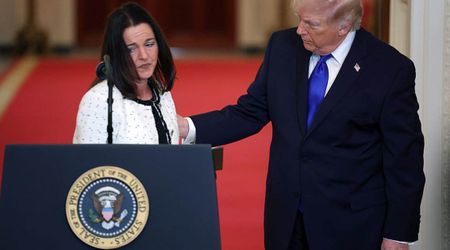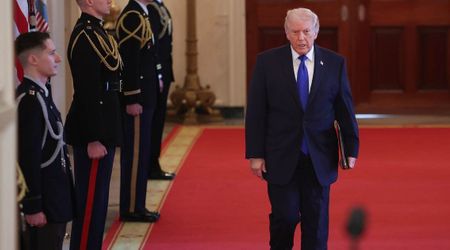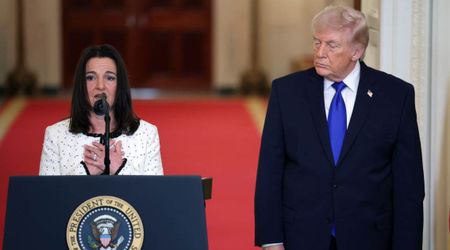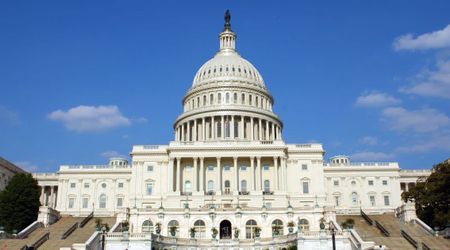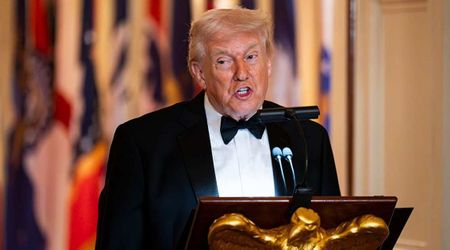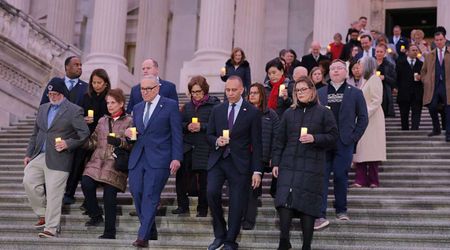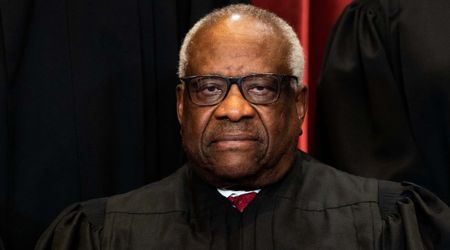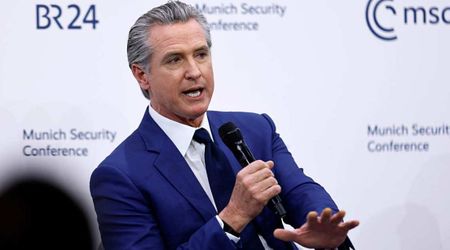Biden administration weighs in on easing regulations to slow down shift to electric vehicles, Internet calls EVs ‘unreliable’
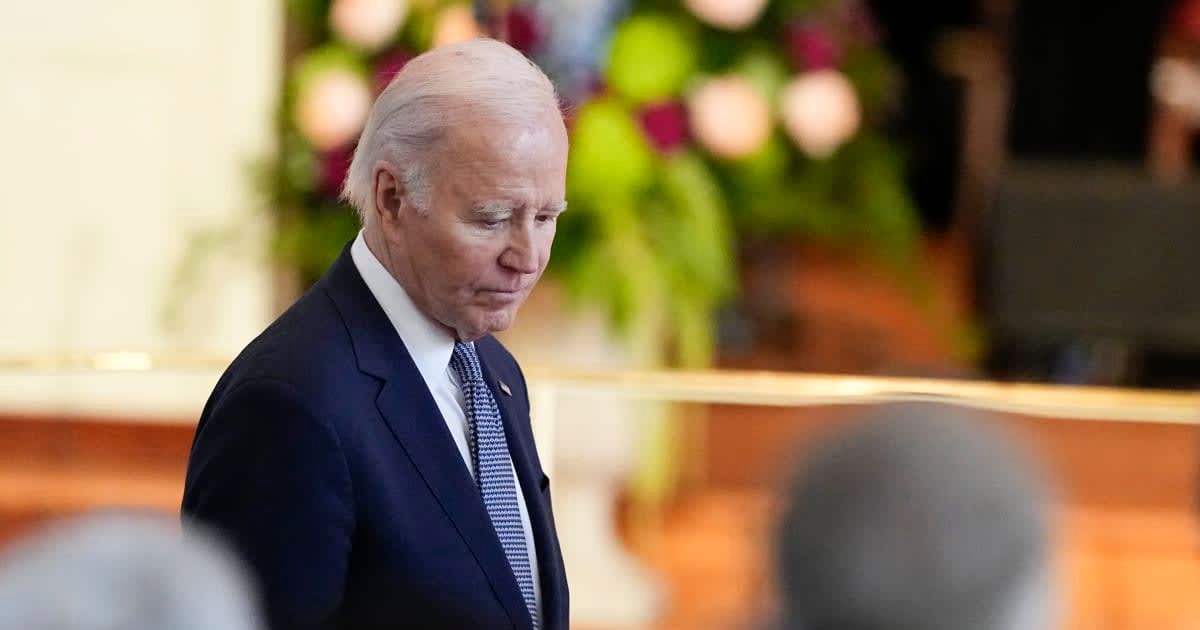
WASHINGTON, DC: The Environmental Protection Agency (EPA) is thinking about easing one of its most important climate change regulations, which relates to tailpipe emissions limits for automobiles and trucks, to give automakers more time to increase sales of electric vehicles.
According to two sources with knowledge of the situation, the agency may decide to postpone these regulations until beyond 2030 rather than going for a sharp rise in electric vehicle (EV) sales in the upcoming years. No decision has been made yet and the regulation won't be finalized until March at the latest, the sources said on the condition of anonymity.
EPA may delay tailpipe emissions rules aimed at speeding EV transition
The action was taken in response to pressure on the Biden administration to ease its electrification goals due to issues with public EV charging stations and declining EV sales.
The United Auto Workers raised the alarm during a bitter autumn strike about how quickly switching to electric vehicles may affect well-paying employment as EVs typically require fewer people to assemble than gasoline-powered automobiles. Also, because many EV facilities are being built in Southern states that are less union-friendly, the union has been cautious about EVs.

By 2032, EV sales were to make up 67 percent of all new passenger vehicles and light-duty truck sales, according to a proposed regulation released by the EPA in April 2023. A few weeks later, UAW President Shawn Fain sent a letter stating that due to “concerns with the electric vehicle transition,” the union would not be endorsing Biden for re-election.
The final rule was delivered to the White House for interagency review by the EPA in January. Not long after, at its annual legislative session in Washington, the UAW backed Biden.
EV automakers claim growth has slowed in recent months
Automakers claim that although EV sales in the US have been rising, the pace has slowed recently, forcing them to postpone some expenditures. Tesla leads US EV sales but the company does not have a unionized staff. Unionized Detroit automakers trail far behind; just 4% of Ford's and 3% of General Motors' total sales are electric vehicles.

For many consumers as well as automakers, the availability of functional charging stations is a problem. EV supporters have expressed dissatisfaction about the dearth of operational public charging stations around the nation, although many EV drivers charge their cars at home.
According to a study conducted by academics at the University of California, Berkeley, just 72.5% of all fast public chargers in the San Francisco Bay Area were functioning in early 2022—this despite California being a hub of EV growth.
A trade organization called the Alliance for Automotive Innovation has stated that, given the decline in EV sales, the EPA rule is overly onerous. The alliance, which stands in for GM, Toyota, Volkswagen, Hyundai, and other automakers, said that the law might subject manufacturers to fines exceeding $14 billion if they missed carbon dioxide reduction objectives.
Internet takes jibe at Biden administration
The Biden administration was not spared by social media users against the transition to electric vehicles who vent their frustration on X.
A user tweeted, "This is the definition of not being a leader on technology innovation.
Another said, "Nobody wants an EV. They’re too expensive, too unreliable, too limited, and too volatile (fires, etc). I’ll never own one. And, judging by the consumer market reaction, I’m not alone."
This is the definition of not being a leader on technology innovation.
— Matt Teske (@mrekset) February 19, 2024
Another person stated, "You realize this isn't about "saving the planet," it's about making vehicles so prohibitively expensive that only the rich can afford them. So that you and I must use public transportation."
A user remarked, "Translation: Biden administration decides to wait until after the election to impose its climate idiocy, er, its automative idiocy, er, its requirement that the auto industry go broke selling cars that no sane person who drives more than a handful of miles wants to buy."
Nobody wants an EV. They’re too expensive, too unreliable, too limited, and too volatile (fires, etc). I’ll never own one. And, judging by the consumer market reaction, I’m not alone.
— Brad Beauvais (@DrBradBeauvais) February 19, 2024
You realize this isn't about "saving the planet," it's about making vehicles so prohibitively expensive that only the rich can afford them.
— Done With Politics (@Done2023_2025) February 19, 2024
So that you and I must use public transportation.
Control.
Translation: Biden administration decides to wait until after the election to impose its climate idiocy, er, its automotive idiocy, er, its requirement that the auto industry go broke selling cars that no sane person who drives more than a handful of miles wants to buy.
— Doug Allen (@SluggoAllen) February 19, 2024
This article contains remarks made on the Internet by individual people and organizations. MEAWW cannot confirm them independently and does not support claims or opinions being made online.

